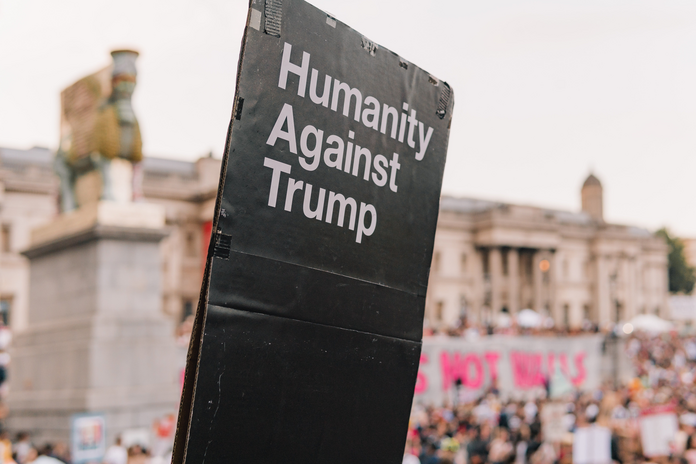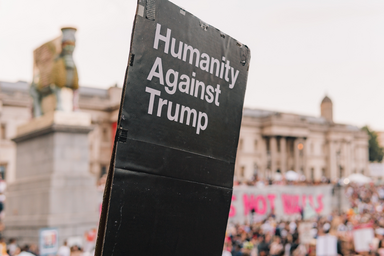Since the pandemic hit, everything has been moved online. This includes political activism, which has now become a fundamental part of social media culture. Whenever I tap through Instagram stories, I become aware of an important issue. And when I scroll through Twitter, I learn about a different perspective. I appreciate the popularity of online activism. But it has been met with a fair amount of backlash. And this disagreement raises a key question: should people post their political opinions on social media?
In short, I believe posting about politics is vitally important. Social media is a powerful asset; it allows me to share perspectives that are significant to me. But I have received messages that claim my posts are not going to change anyone’s minds and that social media is not meant to be political. I have some responses to this. The argument of ‘not being political’ is ridiculous. Politics are ingrained within human rights and individual freedoms, so if you care about humanity, you care about politics. And social media is an ever-evolving discipline. There are no set rules for its intention except to promote a personal brand. Political opinions are a part of who we are, and if you do not like what someone posts, you can simply unfollow them. The practice of sharing one’s opinions should be normalized, especially on social media.

That being said, people shouldn’t feel obligated to post about politics. The online culture that guilts users to reposting and retweeting infographics is toxic. Social media posts are important because they start the discussion, but online activism should not be the end all be all. It’s also important to remember to not automatically believe everything you see on the internet, and that many social media posts have inaccurate or inherently biased information. Internet posts can only go so far and there are more effective ways to achieve change. Signing online petitions, calling government officials, or fostering a discussion are just some of the ways progress can go beyond the internet.



